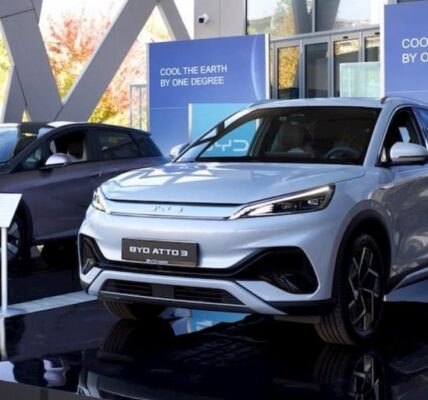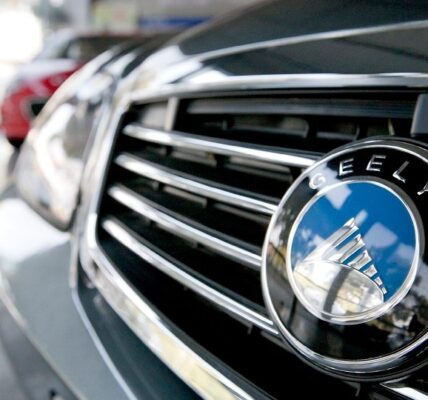Ideanomics Set To Benefit From Accelerated Chinese Government Initiative To Increase EV Adoption
The Chinese State Council issued a Three-Year Action Plan for the Battle of the Blue Sky accelerating the country’s Blue Sky Plan originally unveiled in 2018. The 2018 Blue Sky Plan’s centerpiece was the development of an ecofriendly transport system with higher fuel efficiency and lower emissions and included fines for pollution, carbon emissions and the contamination of water. The Three-Year-Action Plan includes agreements of 24 provinces and cities to accelerate the adoption of new energy vehicles. Ideanomics’ Mobile Energy Global (MEG) group is already actively working with seven of the priority regions. Below are these regions’ plans to promote conversion to electric vehicles (EVs).
Inner Mongolia: Plan to promote the application (adoption) of 100,000 new energy vehicles throughout the region.
Shandong Province: All buses will be replaced with new energy vehicles by the end of 2020. The broader target is for the number of clean energy vehicles to reach 500,000 in 2022.
Jiangsu Province: Plans to promote the adoption of 250,000 clean energy vehicles. By the end of 2020, charging infrastructure to support 200,000 electric vehicles will be in place. Ideanomics’ MEG is actively involved in this effort through its charging station initiative with PetroChina in Nanjing – a major city in Jiangsu province.
Guangdong Province: By the end of 2020, new energy buses in Guangdong will account for more than 75% of all buses, and all Pearl River Delta cities will commence electrification adoption plans in 2020. Taxis in the Pearl River Delta are mandated to use new energy vehicles, of which pure electric vehicles will account for no less than 80% and increase by 5 percentage points year by year.
Hainan Province: Electrification of the entire island by 2030. Hainan has introduced legislation banning the sale of fossil fuel vehicles by 2030, to ensure adoption of new energy vehicles within the island.
Sichuan Province: Legislation has been passed to ban fossil fuel trucks in city centers. The city of Chengdu has assumed a leadership role in the promotion and application of new energy vehicles in the logistics and distribution industries. From 2017, Chengdu phased in the gradual reduction of fossil fuel cargo vehicles into the city over three years.
Guangxi: The promotion of all new passenger cars as new energy vehicles. All passenger vehicles in national scenic spots and national tourist attractions must use new energy vehicles, through either replacement or conversion. Municipalities, enterprises, public institutions, sanitation, logistics, postal, and airport commuting areas are mandated to all procure only electric vehicles as fleet renewals occur.
MEG has established relationships with the country’s leading manufacturers enabling it to meet the rapidly increasing demand for commercial EVs. Additionally, it has established a consortium of financial partners to allow fleet operators to secure these large purchases. The Plan to fast-track conversion to EVs will highlight MEG’s strengths and further solidify its positing as a critical facilitator in the EV ecosystem.







